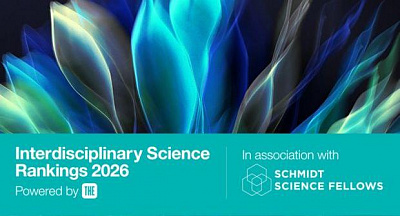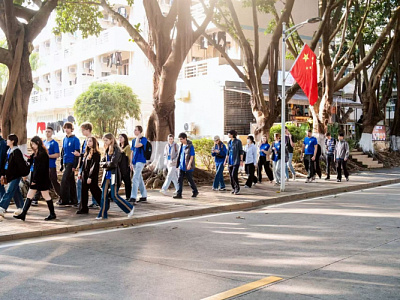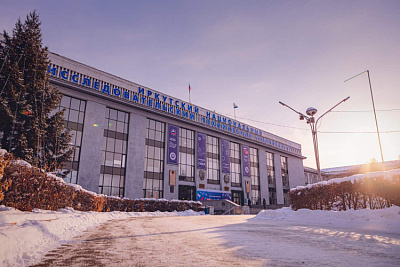А Highly Efficient Reagent for Kaolinite Extraction Has Been Developed Jointly with INRTU
The INRTU Institute of Chemistry named after A.Favorsky, a Siberian Branch of the RAS, in collaboration with scientists from China, have synthesized a reagent for flotation enrichment of kaolinite (a mineral based on aluminium silicate). The new substance is capable of increasing the recovery rate of kaolinite, which is widely used in industry. The reagent is being developed and tested under the Priority 2030 Program.
Previously, INRTU had patented a composition of reagents for flotation enrichment of gold-bearing ores. Working with colleagues from three scientific and educational institutions in China, the INRTU scientists ran across new specifics, the processing of non-metallic minerals such as kaolinite. This was reported by Alexander Burdonov, Associate Professor of the Department of Mineral Processing and Environmental Protection, head of the "Flotation and reagent chemistry" laboratory.
“Together with the colleagues, we have developed a method to synthesize 3-tetradecylaminopropylamidoxime. It is a reagent collector that creates a hydrophobic environment favorable for bubble fixation on the mineral surface resulting in efficient flotation. The new substance is superior to classical tetradecylamine (TDA) and can be used to extract kaolinite as a valuable or a by-product component. The results of the experiment have been published in the international Powder Technology journal. The potential customers for the developed reagent are mining companies in the Southern Urals and China,” says Alexander Burdonov.
The researcher identified the enrichment of rare earth metal ores as a promising area for joint activities between scientists from the two countries. The scientific team is preparing an article for publication on new flotation reagents for processing lithium-bearing raw materials. The INRTU researchers together with the team of Jiangxi University of Science and Technology headed by Professor Zhiqiang Huang are developing substances for selective extraction of tungsten minerals from the mined ores. The projects are being developed with the support of Stepan Bykov, Vice Rector for International Activities at INRTU.



